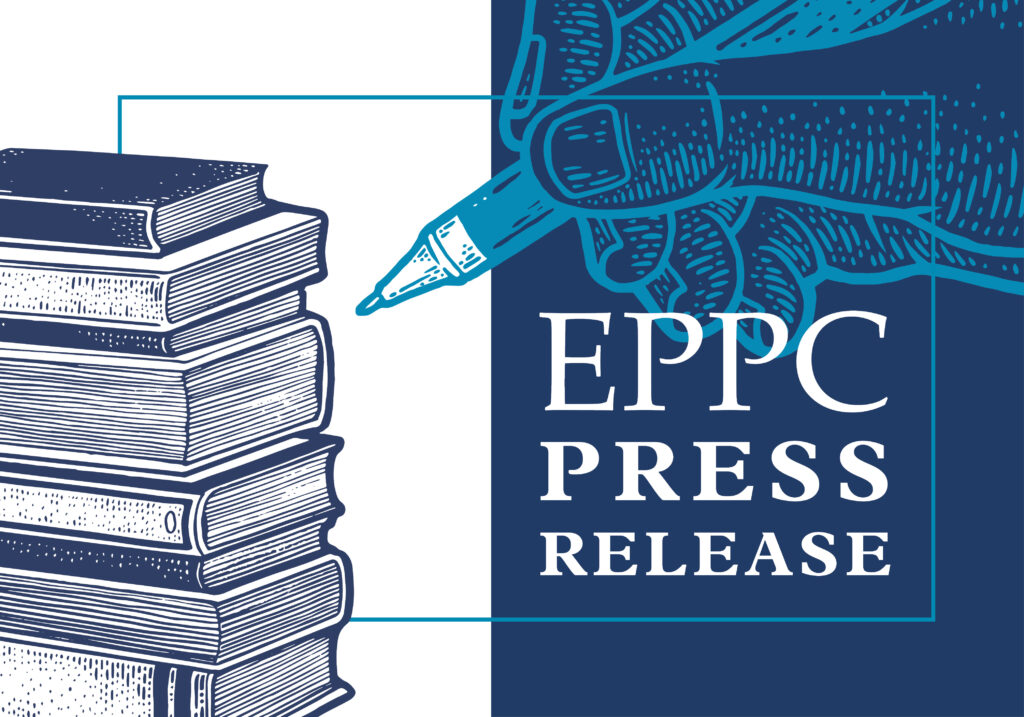
November 24, 2023
On Friday, November 24, EPPC scholar Eric Kniffin submitted a comment responding to the National Institute of Health’s (NIH) proposal to change its mission statement. Kniffin, a fellow with EPPC’s HHS Accountability Project and former attorney in the U.S. Department of Justice’s Civil Rights Division, took issue with NIH’s proposal to abandon one of its current goals: to “lengthen life.”
Kniffin pointed out that NIH failed to explain why it proposed deleting this aspect of its mission, or how its removal would impact NIH’s priorities:
If enhancing health and reducing illness encompasses lengthening life, why has NIH listed it as a separate goal until now? If NIH is proposing to drop “lengthen[ing] life” as a goal, what does that indicate about its new priorities? Would this new mission statement affect NIH’s commitment to lowering “premature deaths”? Would this affect any of the specific goals or projects from the Strategic Plan identified above?
Unfortunately, NIH offers nothing to assuage concerns its proposed mission statement raises. Without any explanation or reassurance from NIH, the public may reasonably conclude that the proposed new mission statement would signal that NIH is no longer seeking to prolong life with the same zeal and focus.
Kniffin raised concerns that NIH’s proposal to abandon the goal of lengthening life may reflect its sympathy with those states—almost all of which are under Democratic control—that have legalized assisted suicide. Kniffin explained that the availability of assisted suicide significantly changes the way that government, insurance, and health care professionals approach the sick, the elderly, and the disabled:
Though proponents of assisted suicide promise that “strict procedures” ensure that assisted suicide is only available to a small subset of the population, that is not what has happened in practice. Last year in Canada the number of assisted deaths jumped more than thirty percent, accounting for 4.1% of all deaths.
[A pending lawsuit and recent study show that] individuals with disabilities are often pressured and coerced into preemptively ending their lives to avoid the alleged “burden” (financial or otherwise) they pose on their family or society. Assisted suicide laws may also give insurance companies perverse financial incentives to push assisted suicide as a cheaper alternative to the ongoing, expensive medical care that is often required to maintain disabled persons’ quality of life. When physicians help a person commit suicide, they violate their oath to “do no harm” and corrupt the medical profession. Moreover, if NIH abandons its commitment to lengthening the lives of disabled persons, it is likely that NIH and the medical establishment more generally will stop committing resources that will help improve disabled persons’ quality of life.
Kniffin urged NIH to maintain its current commitment to lengthening human life, an “important goal that protects human dignity for all Americans, but most especially those with disabilities.” In the alternative, Kniffin asked NIH to explain publicly “why it has proposed to drop the goal of lengthening life and explain why this change in mission is in the public interest.”











